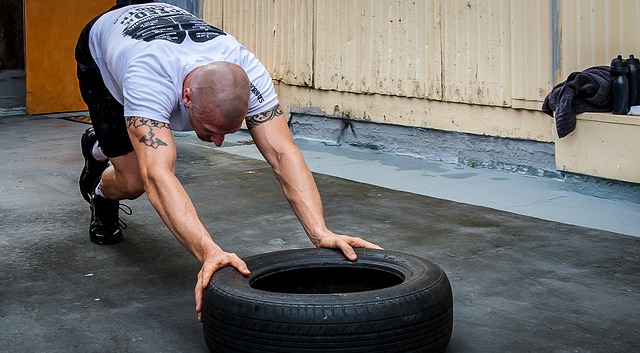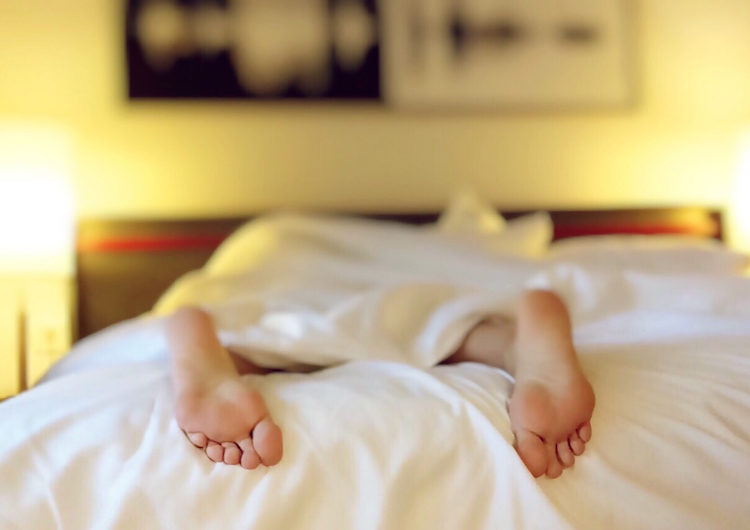Understatement of the century: jet lag is awful. There are few things worse than spending hours and hours flying to an exotic part of the world only to effectively lose part of the trip to that cursed mixture of lethargy, insomnia, and brain fog. You only get so many days off work and you already spend so much of that on the plane. How do you remedy jet lag?
The answer, as always, is squats.
https://www.instagram.com/p/oMO3zbp-RR
Jet Lag and Exercise
You already know that jet lag messes you up because your body is used to a different time zone. If you fly from New York to Paris, your body still “thinks” it’s New York time. After all, no animal evolved to deal with the effects of traveling thousands of miles in a day. (Going from West to East like that has a stronger effect because it’s a “phase advance” — for whatever reason, the body has a harder time moving forward in time.)
This is called our circadian clock, which helps us coordinate our biology and behavior with the twenty-four hour day. You know, like sleeping when it’s dark and we can’t see stuff.
It’s a hugely complicated topic, but we wanted to focus on one aspect that we don’t think gets enough attention: exercise can help to reset your clock in your new time zone.
“All your cells have clocks, and while the brain clock is still very much considered the ‘master clock,’ it turns out these clocks in peripheral tissues can stray from the central clock depending on things like what time you eat and what time you exercise,” says Dr. Karyn Esser, a professor and associate program director at the University of Florida’s Institute of Myology.
Esser has a unusual specialty: she conducts research into the link between skeletal muscle and circadian rhythms. She told BarBend that studies have found when jet lag is simulated in mice, those with access to a running wheel recover much more quickly than those that don’t exercise. She’s seen similar results in people.
“We know that exercise has an impact on the clocks and peripheral tissues and muscle in particular, but we’ve also seen it in lung and likely other tissues too,” she says. “I would say there’s sufficient data to say exercise modifies the clock on the periphery, so anything you can do to get the brain and muscle to adjust to the same time zone faster is going to help.”
How to Exercise to Reduce Jet Lag
She shared a few tips to help you kick jet lag’s butt so you can start enjoying your vacation more quickly.
1) You can do any kind of exercise
“At this point we don’t have any exercise to say if it’s running or it’s lifting, but based on some unpublished data in my lab, I would say it doesn’t matter,” says Esser. “If you like lifting, lift. If you like walking, running, or swimming, go ahead.”
2) Try to exercise at the same time
The science of circadian rhythms has a lot to do with routine: getting your body back on its regular schedule means if you typically exercise at 6pm at home, it’s smart to try and exercise at the same time in your new time zone.
Same goes for eating: if you typically eat your meals at the same time, then try to stick to that schedule to get all your clocks running properly again. (Esser notes that doing things like eating, exercising, and sleeping at the same time becomes more and more important for your sleep and wellbeing as you age.)
https://www.instagram.com/p/BardWTUFU5g/
3) Exercise outside
Getting plenty of sun is another way to help restart your clock and drive home the message that you’re in a new time zone. Esser notes that morning wavelengths from the sun are different to evening wavelengths, so your body may be able to pick up the difference between 6am sunlight and 6pm sunlight. Get outside, even if it’s just for a walk and you’re saving the workout ’til later.
4) Don’t nap
No matter what, no matter when you landed, you need to grit your teeth and stay awake until nighttime. It’ll be tough, but it’ll get you fixed up faster.
Wrapping Up
We’ve mostly spoken about how to exercise to reduce jet lag, but there are a few of other tips: avoiding alcohol, staying hydrated, and maybe popping some melatonin before you turn in are also smart strategies. Melatonin is the hormone you release when it’s time to sleep, so it can help to tell your body that you have a new bedtime.
But while a lot of the research is in its infancy, there’s real promise that exercise can have a powerful effect on getting your sleep schedule back on track. Try it out — just maybe avoid maxing your deadlift for a few days.
Featured image via @feli_felzz on Instagram.


